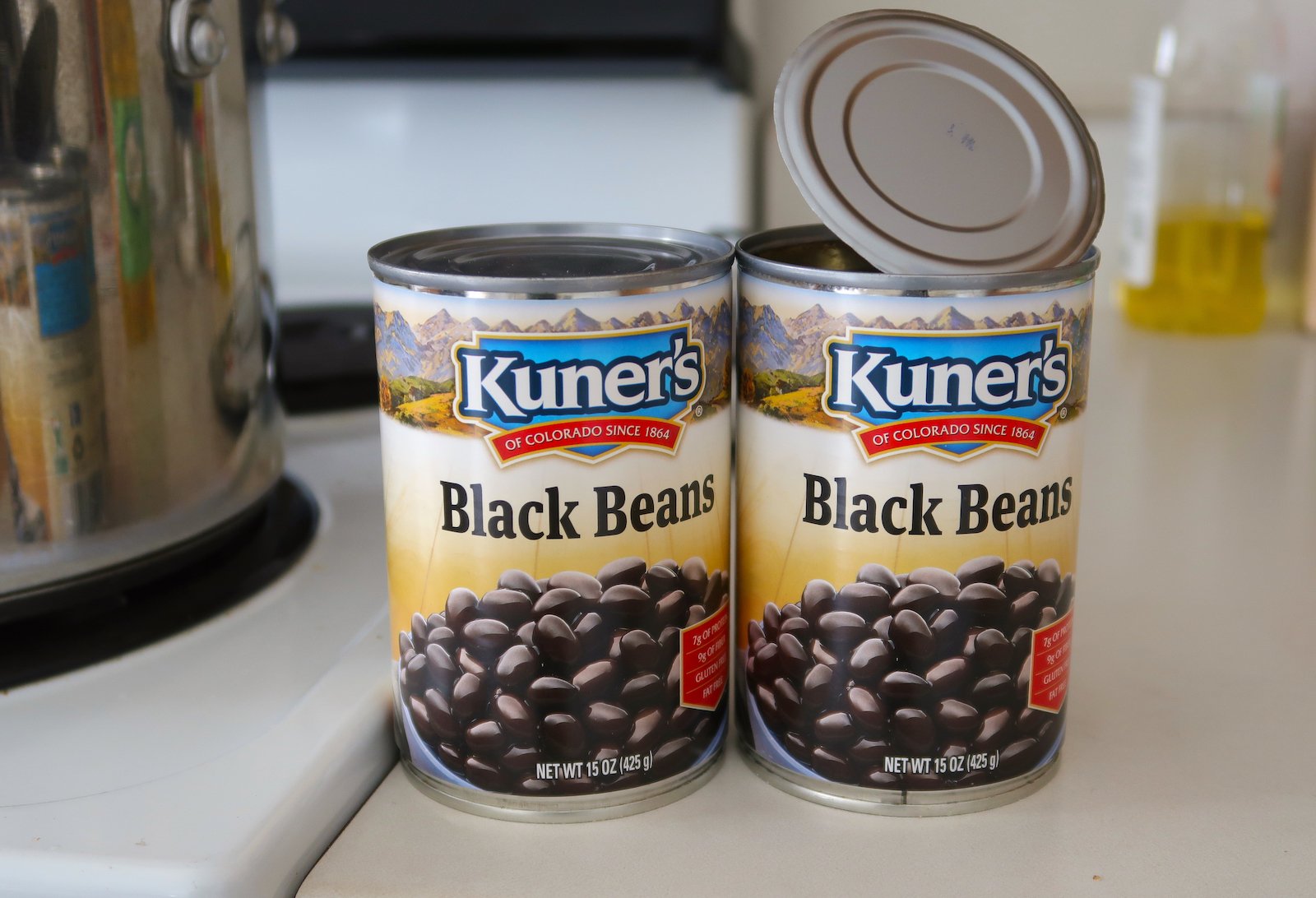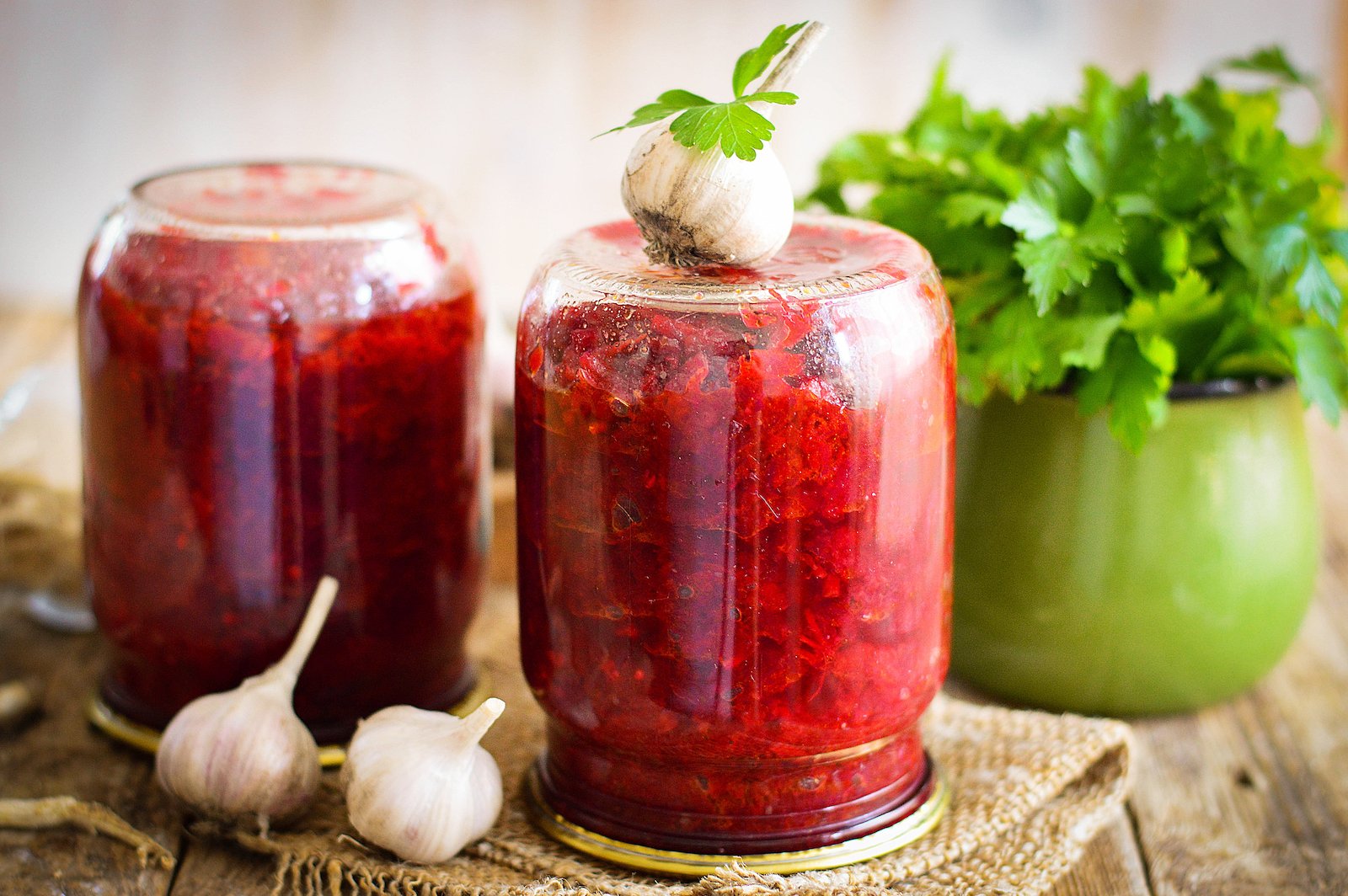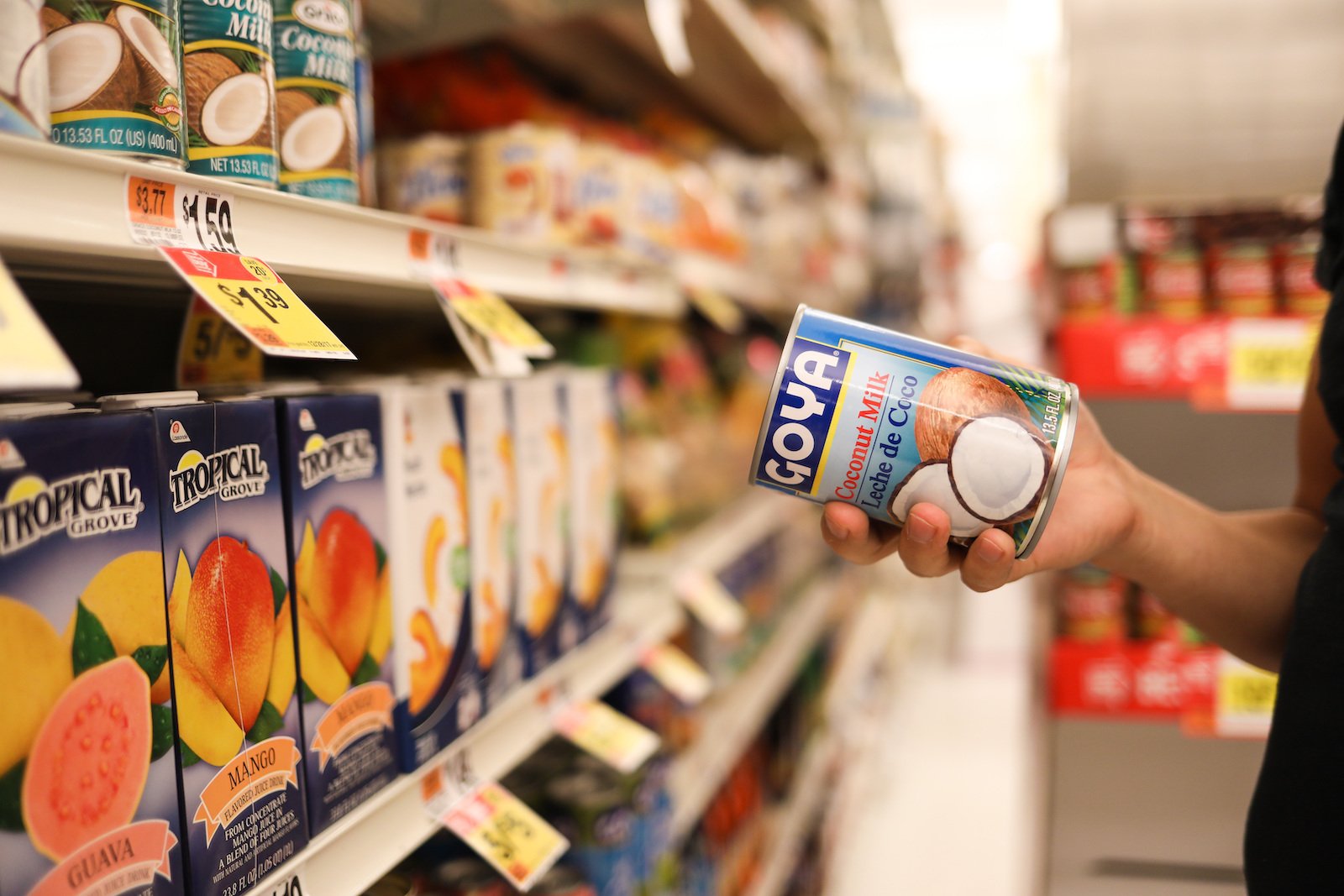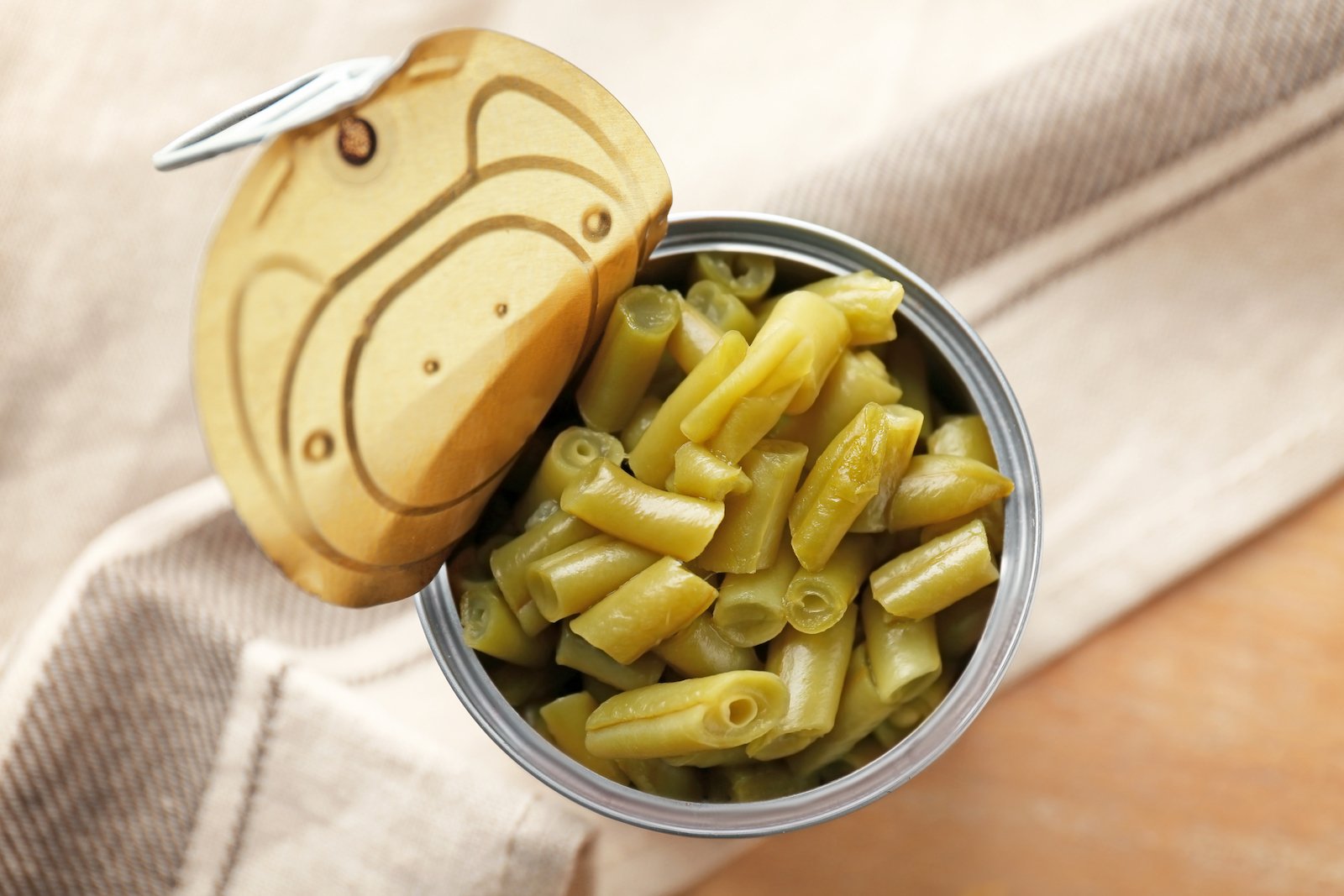Regarding healthy eating, canned foods are often overlooked due to preservatives, added sugars, or sodium content concerns. However, many canned foods are highly nutritious, convenient, and affordable.
Here are 12 underrated canned foods that can enhance your diet with essential vitamins, minerals, and nutrients.
Canned Salmon

Canned salmon is a nutritional powerhouse, abundant in omega-3 fatty acids, crucial for supporting heart health and supporting brain function. It contains between 2.2 to 2.3 grams of omega-3 fatty acids per 3.5 ounces, depending on how the fish is sourced.
Canned salmon is also a fantastic source of high-quality protein, with a whopping 84% protein in the macronutrient breakdown. When choosing canned salmon, go for wild-caught varieties packed in water rather than oil to keep the calorie count low.
Canned Pumpkin

Canned pumpkin is a rich source of beta-carotene, a potent antioxidant that gets converted to vitamin A inside our body. One cup of canned pumpkin contains over 200% of the everyday recommended dose of vitamin A for healthy vision, good immunity, and skin health.
In addition, canned pumpkin is high in dietary fiber, providing about 7.1g per cup. Canned pumpkin can be easily incorporated into a variety of dishes. Add it to soups, smoothies, or baked goods to enhance their nutritional profile without adding sugars or fats.
Canned Sardines

Canned sardines are one of the most nutrient-dense foods available, A 5-ounce can of sardines provides approximately 382mg and 355mg of DHA and EPA respectively. Omega-3s in sardines lower the risk of cardiovascular disease and improve cognitive function.
Sardines are also loaded with vitamin D, required for calcium absorption, bone health, and immune function. Choose sardines packed in olive oil for added heart-healthy fats. Enjoy them on whole-grain crackers, in salads, or as a protein-rich snack.
Canned Black Beans

Canned black beans are a valuable source of plant-based protein and dietary fiber. A 1/2-cup serving of canned black beans contains about 8.3g and 7.3g of fiber and protein, contributing to muscle repair, immune function, and digestive health.
Black beans are also rich in iron, which is essential for producing hemoglobin that transports oxygen throughout the body.. To reduce sodium content, rinse canned black beans before use. Incorporate them into salads, soups, or as a base for burgers to enjoy their nutritional benefits.
Canned Artichokes

Canned artichokes are a rich source of antioxidants, particularly carotenoids, which support liver health and aid digestion. A 1/2-cup serving of canned artichokes provides around 4g of fiber, which maintains a healthy digestive system, encourages regular bowel movements, and supports heart health.
A medium-sized artichoke also contains ample folate, about 107mg, which supports cell division and DNA synthesis. To add nutritional value, use canned artichokes in salads, dips, or as a pizza topping. Their versatility makes them an easy addition to many dishes.
Canned Tomatoes

Canned tomatoes are packed with lycopene which is linked to a reduced risk of heart disease and certain cancers, particularly prostate cancer. They are also an excellent source of vitamin C.
Additionally, canned tomatoes offer potassium, with about 100g per serving, for maintaining healthy blood pressure levels and supporting heart function. Use canned tomatoes in sauces, soups, and stews to enjoy their rich flavor and nutritional benefits.
Canned Chickpeas

Canned chickpeas, or garbanzo beans, are a nutrient-dense food. A half-cup serving provides about 20g and 5g of protein and fiber, respectively, making them an excellent choice for promoting satiety and supporting digestive health.
Chickpeas are packed with minerals like iron, magnesium, and phosphorus. They contain folate, which is especially important for pregnant women. Roast canned chickpeas with a sprinkle of your favorite spices for a crispy and healthy snack.
Canned Spinach

Canned spinach is packed with essential vitamins and minerals. A 1-cup serving provides more than 84% of the daily recommended amount of vitamin A, maintaining healthy vision, immune function, and skin health. It’s also a great source of folate, iron, calcium, and vitamins A and K. Canned spinach can effortlessly enhance soups, stews, or pasta dishes, and its mild flavor complements a wide range of ingredients, making it both versatile and nutritious.
Canned Beets

Canned beets are a vibrant and nutritious food that offers several health benefits, particularly due to their high nitrate content. Dietary nitrates found in beets are converted in the body into nitric oxide, improving blood flow and lowering blood pressure.
In addition to nitrates, canned beets are a good source of dietary fiber, providing about 3.8g per cup. Use canned beets in salads, smoothies, or as a colorful side dish to add both flavor and nutrition.
Canned Mackerel

Canned mackerel is incredibly rich in omega-3 fatty acids. A 100g serving of canned mackerel contains around 1500mg of omega-3s. It helps reduce inflammation, lower blood pressure, and reduce the risk of heart disease.
Mackerel is also loaded with vitamin D, with a 4-ounce serving providing about 93% of the daily recommended intake. Pair canned mackerel with whole-grain crackers, or add it to salads for a protein-rich meal. Its rich, slightly oily flavor works well with citrus, herbs, and bold spices.
Canned Coconut Milk

Canned coconut milk is a popular and creamy ingredient in many cuisines and has immense nutritional benefits. One of the key nutrients in coconut milk is medium-chain triglycerides (MCTs) which boost energy, support weight management, and improve cognitive function.
Coconut milk also contains essential minerals like iron and magnesium. Use canned coconut milk in curries, smoothies, or as a dairy-free creamer in coffee It adds to the taste of your food by adding a luscious texture and tropical flavor to curries, soups, smoothies, and desserts. Whether you’re looking for a dairy-free alternative or simply a delicious way to enhance your recipes, coconut milk is a nutritious and flavorful option.
Canned Green Beans

Canned green beans are a low-calorie food that are loaded with vitamins including A, C, and K. In addition to these vitamins, they are a great source of dietary fiber, providing approximately 3.4g per cup.
Add canned green beans to casseroles, salads, or serve them as a side dish with a sprinkle of herbs and spices. Their mild flavor and texture allow them to easily blend into a variety of dishes.


